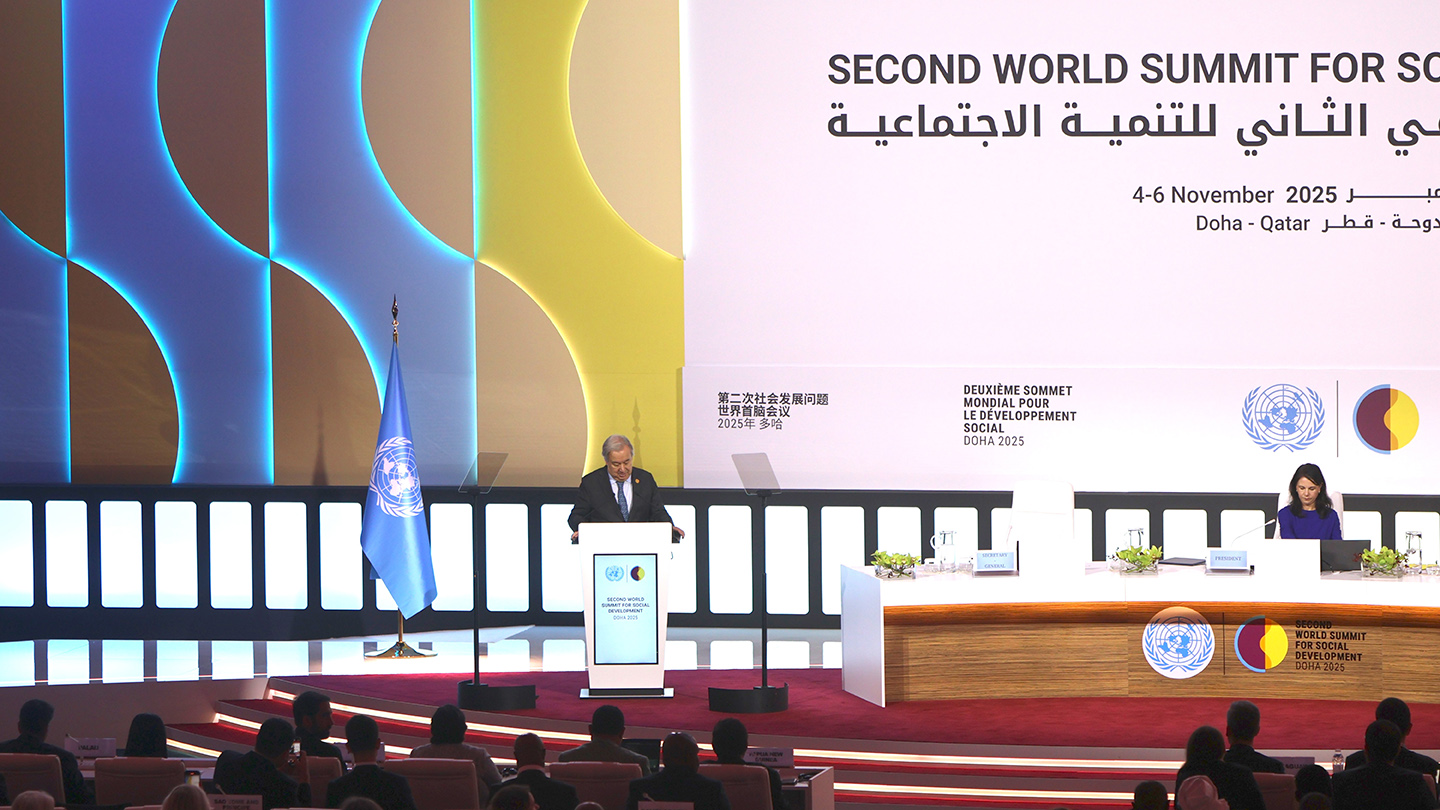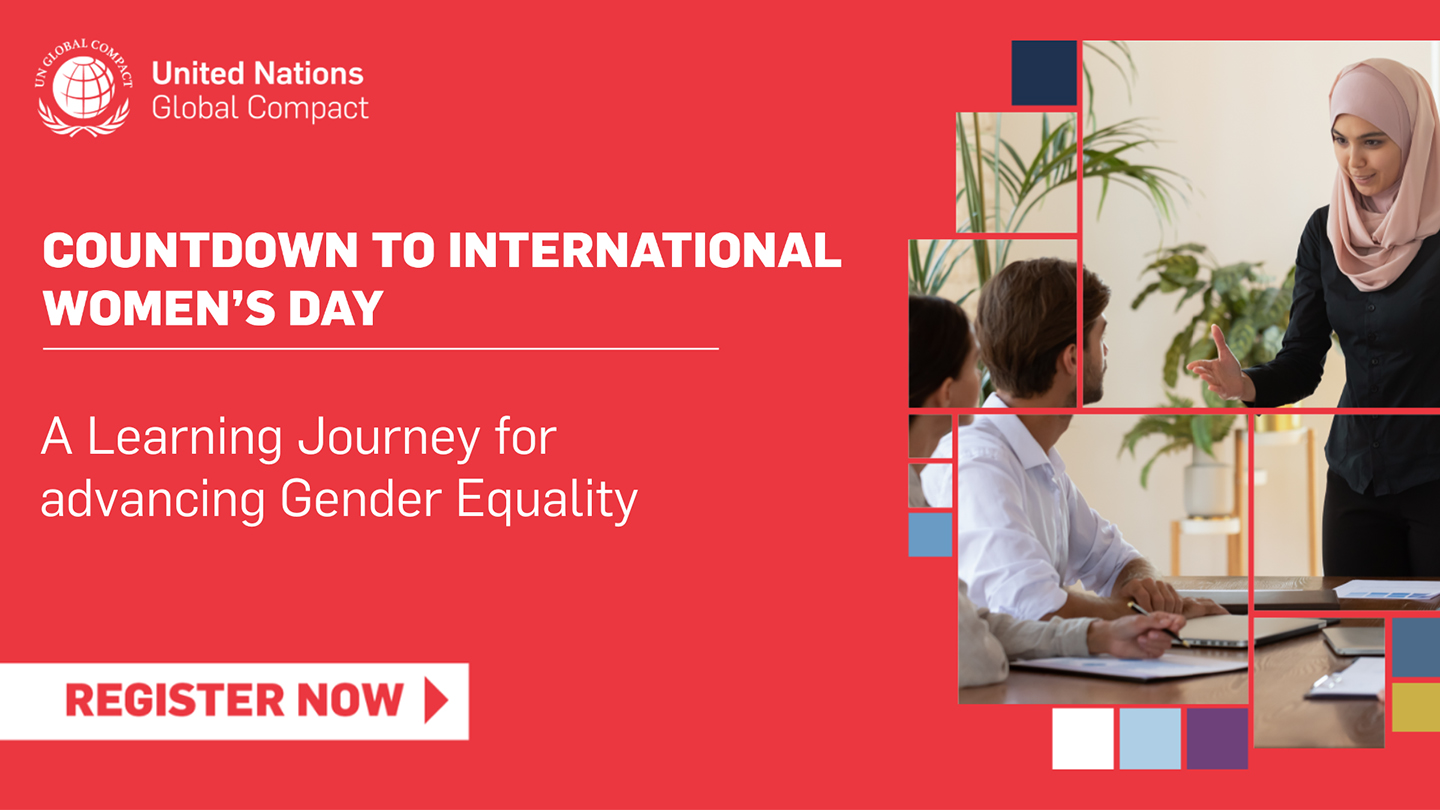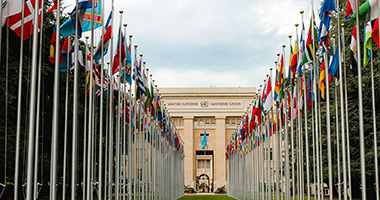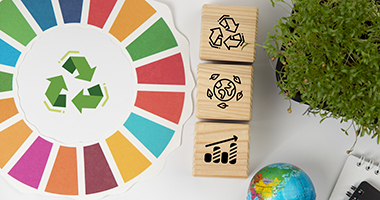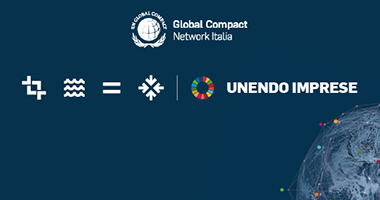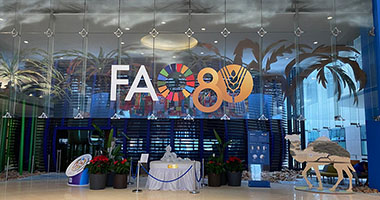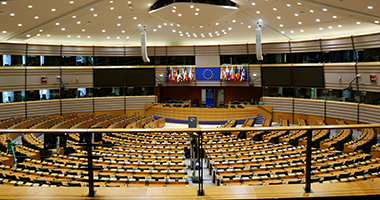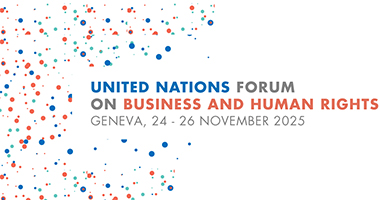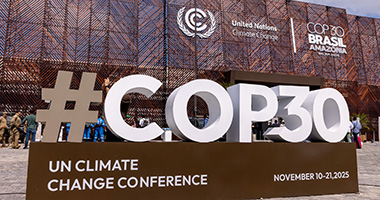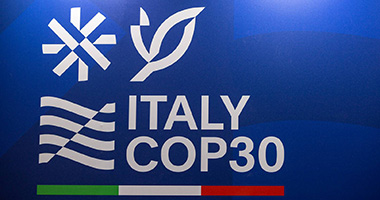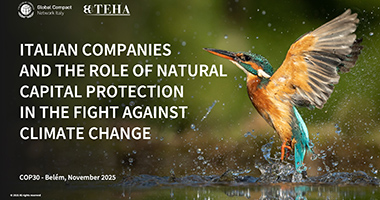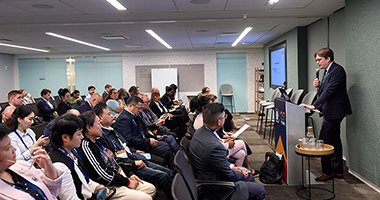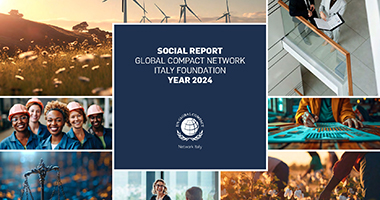Dear Participants of the UN Global Compact,
as we begin 2026, one truth stands out: in a world of heightened scrutiny and shifting expectations, responsible business is resilient business. Sustainability fuels innovation, strengthens risk management and reinforces investor confidence, demonstrating that corporate commitments are not soft promises but durable drivers of long-term value. When companies stay the course through political cycles, economic turbulence and public pressure, they provide the continuity that underpins trust, stable societies and well-functioning markets.
The choices made in the near term will determine whether the world moves toward shared prosperity, a stable climate and an economy that works for all. At a moment defined by geopolitical tension, economic uncertainty and eroding public trust, principled business leadership is no longer optional; it is an essential stabilizing force.
2025 carried particular significance. The United Nations marked its 80th anniversary, and the UN Global Compact marked 25 years since its founding. Together, these milestones reaffirmed our core mission: mobilizing the private sector behind universal principles and grounding long-term economic progress in values that endure, even as conditions change.
Read more …


